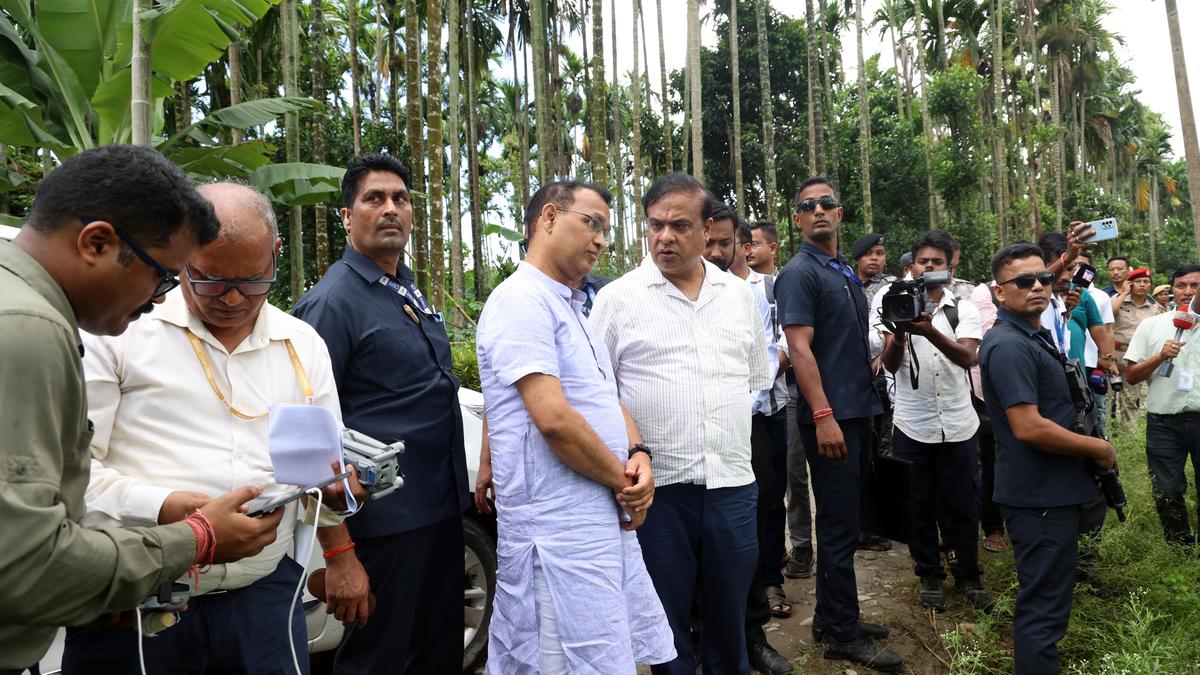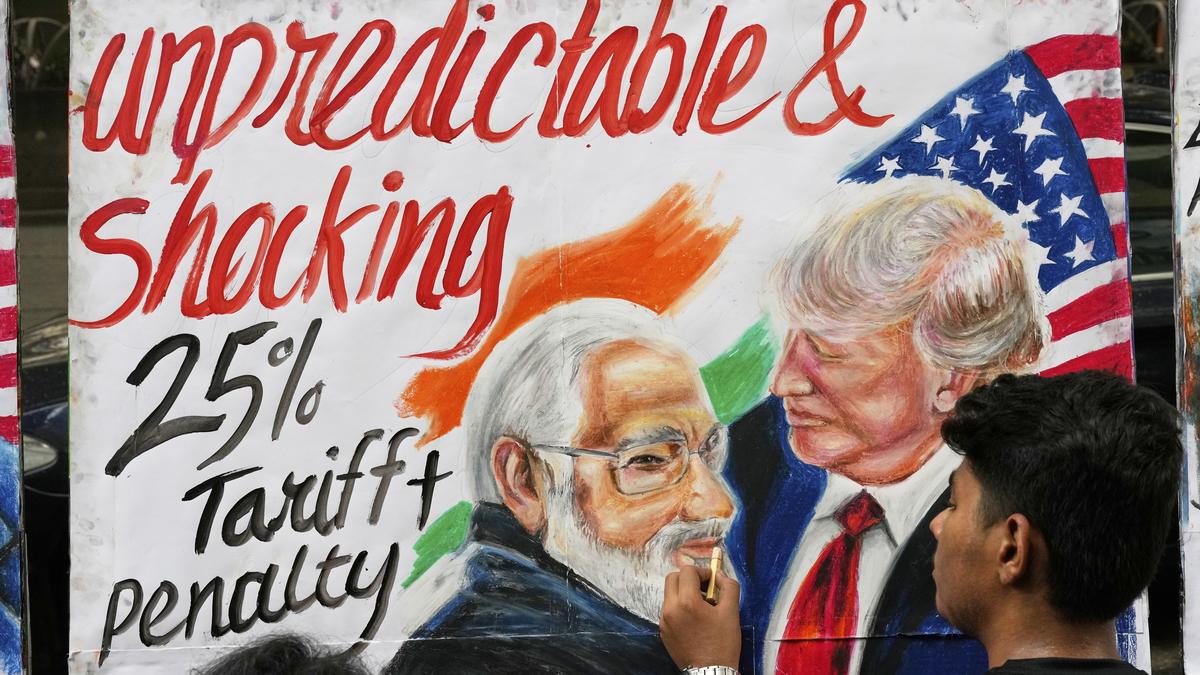Now Reading: Why Are Assam’s Evictions Stirring Tensions in Northeast?
-
01
Why Are Assam’s Evictions Stirring Tensions in Northeast?
Why Are Assam’s Evictions Stirring Tensions in Northeast?

Quick Summary
- Assam’s government has intensified eviction drives targeting encroached forestlands, wetlands, and revenue lands, allegedly focusing on Bengali-speaking Muslims who are often labeled “illegal immigrants” or “Bangladeshis.”
- The BJP-led administration launched these drives following a Gauhati High Court order in 2016. The initiatives resumed aggressively in 2025 amidst corruption allegations.
- A total of 1,080 families were evicted from the Paikan Reserve Forest as part of recent operations meant to reclaim encroached lands. Reports indicate at least five deaths linked to eviction actions between 2016 and July 2025.
- Chief Minister Himanta Biswa Sarma vowed to make Assam encroachment-free within a decade while excluding tribal people protected under the Forest Rights Act before 2005. Neighboring States have ramped up surveillance at thier borders due to concerns that eviction could lead displaced populations to cross over.
- Bordering States like Nagaland, Manipur, Meghalaya, Arunachal Pradesh, and Mizoram increased vigilance citing fears of infiltration by evicted persons. Tensions also emerge due to inter-State boundary disputes involving claims over occupied land areas.
- NGOs and extremist groups from Nagaland raised alarms against alleged attempts by Assam’s policies to drive immigrants into neighboring territories.
- Communal polarization has been cited as an underlying factor of these aggressive initiatives ahead of the upcoming Assembly elections in Assam.
Indian opinion Analysis
The escalation of eviction drives in Assam underscores a structural tension between environmental conservation efforts and socio-political complexities tied to migration narratives. While restoring degraded forestlands is critical from an ecological viewpoint-a sentiment reinforced by court directives-this issue intertwines with long-standing communal sensitivities regarding land rights.
Neighboring States’ proactive border measures highlight broader implications for internal migration management within India’s diverse demography. Any displacement risks fueling interstate mistrust or escalating communal grievances unless carefully coordinated resolutions are sought.
Given ethnic diversity across northeast India intertwined with inter-State land disputes since regional reorganization (1963-1972), such aggressive anti-intrusion campaigns may trigger diplomatic coordination challenges even beyond environmental or electoral interests shaping current approaches underway






















